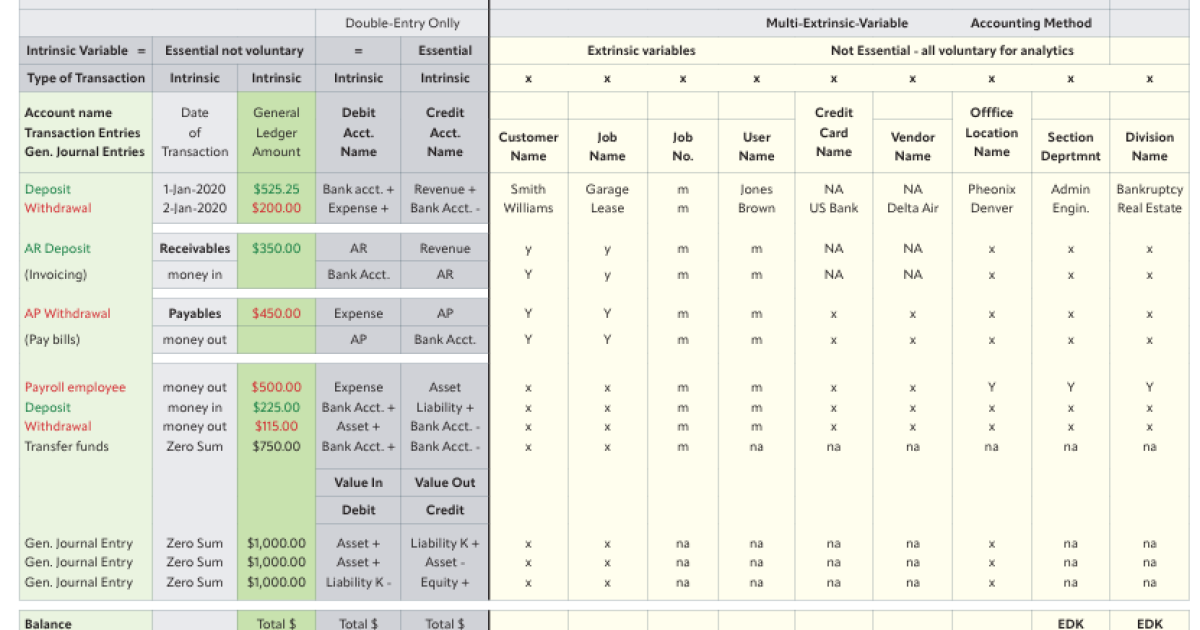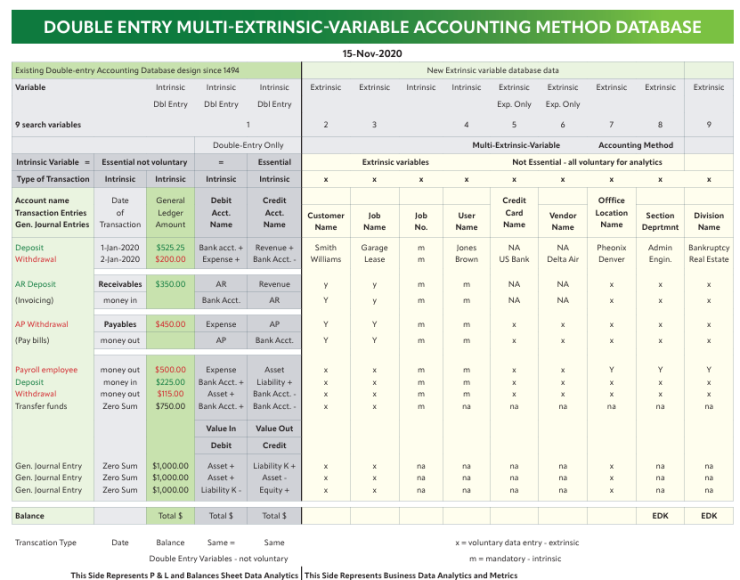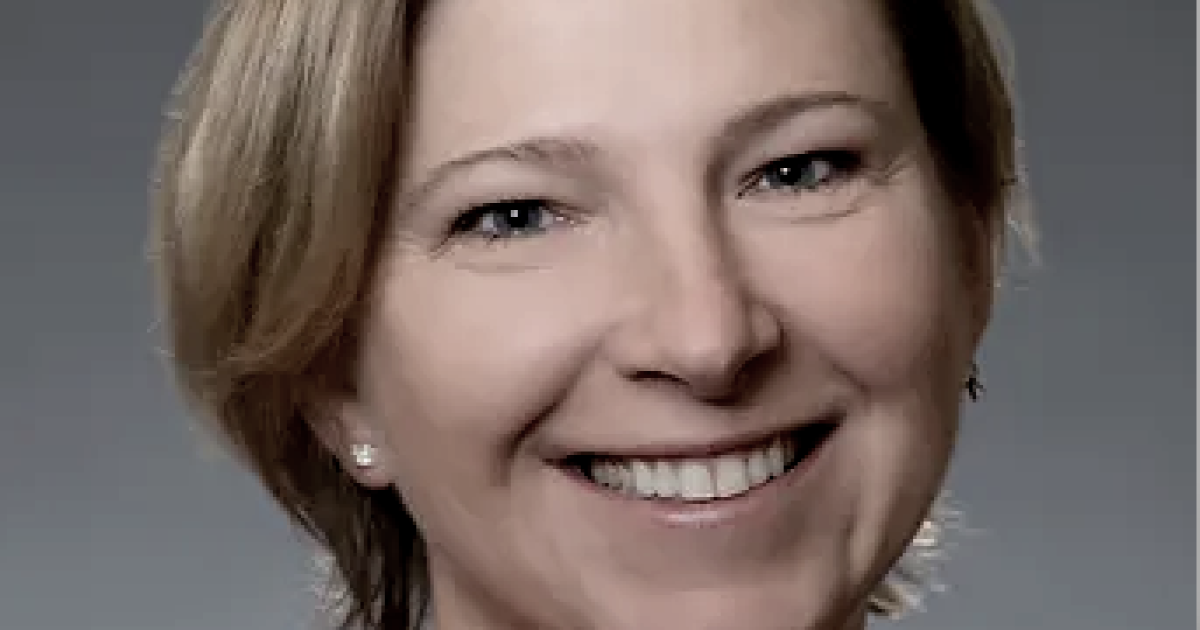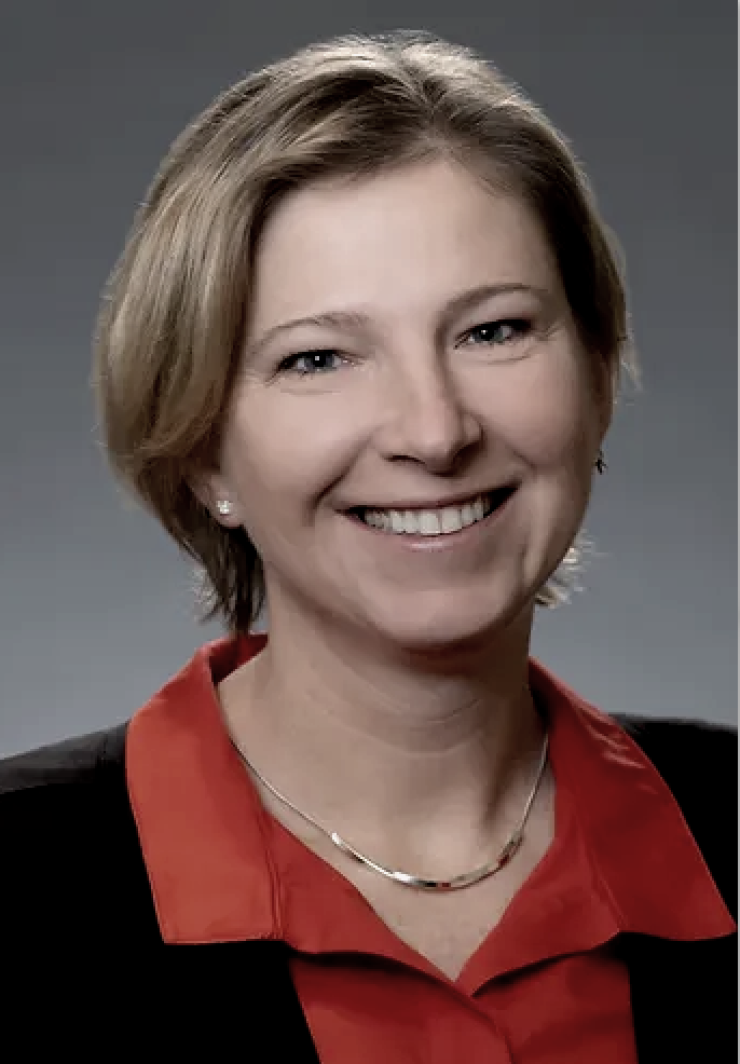What becomes of the broken-hearted; the earth moved; Kreative accounting; and other highlights of recent tax cases.
Providence, Rhode Island: Four Florida residents have been convicted and sentenced for what authorities called one of the largest schemes to defraud CARES Act programs.
The defendants defrauded various federally funded programs of more than $4.8 million, and each of the defendants pleaded guilty to charges of conspiracy to commit wire fraud and aggravated identity theft. The schemes involved obtaining and using stolen ID information to submit fraudulent applications to multiple state unemployment agencies, including the Rhode Island Department of Labor and Training, and to submit fraudulent Economic Injury Disaster Loans and Paycheck Protection Program loan applications. The defendants also submitted fraudulent applications in the names of other persons to federal and state agencies to obtain tax refunds, stimulus payments, and disaster relief funds and loans.
The scheme involved using the stolen information to open bank accounts to receive, deposit and transfer fraudulently obtained government benefits and payments and to obtain debit cards to withdraw the money.
Sentenced were Florida residents Tony Mertile, of Miramar, identified in court documents as the leader of the conspiracy, to six years in prison; Junior Mertile, of Pembroke Pines, sentenced to 54 months; Allen Bien-Aime, of Lehigh Acres, to four years; and James Legerme, of Sunrise, to four years. All four were also sentenced to three years of supervised release to follow their prison terms.
The government moved to forfeit a total of $4,857,191, or $1,214,294.75 apiece, proceeds of the conspiracy. The defendants have also forfeited hundreds of thousands of dollars’ worth of Rolex watches and assorted jewelry and more than $1.1 million in cash. Each defendant is also liable for $4,456,927.36 in restitution to defrauded agencies and financial intuitions.
Raleigh, North Carolina: Michon Griffin, 46, who engaged as a money mule (a.k.a. middleman) in an international romance scheme, has been sentenced to two years in prison and three years of supervised release after pleading guilty to conspiracy to commit money laundering and to making false statements on her 1040.
Between 2021 to 2023, Griffin received more than $2 million from the scheme that she deposited into fictitious bank accounts that she controlled. She converted the money to virtual currency and wired the funds to overseas accounts controlled by her co-conspirators in Nigeria.
Griffin received some $300,000 from the romance fraud, which she did not report as income on her 1040 for 2021.
She was also ordered to pay $109,119 in restitution to the IRS.
Las Vegas: Tax preparer Keisy Altagracia Sosa has pleaded guilty to preparing false income tax returns.
Sosa has operated the tax prep business National Tax Service, and from 2016 to 2021 prepared and filed false federal returns for clients. These returns included falsely claimed dependents, and fictitious Schedule A and Schedule C expenses such as sales taxes paid and unreimbursed employee expenses.
Sosa continued to prepare false returns even after the IRS notified her that her returns appeared inaccurate and informed her that she may not be meeting due diligence requirements.
Sosa caused at least $550,000 in tax loss to the IRS.
Sentencing is June 11. She faces up to three years in prison, as well as a period of supervised release and monetary penalties.
Elk Mound, Wisconsin: Business owner Deena M. Hintz, of Eau Claire, Wisconsin, has been sentenced to a year in prison for failure to pay employment taxes.
Hintz, who pleaded guilty in December, owned and operated Jade Excavation and Trucking for nearly 10 years and at times had up to 15 employees. From 2017 to 2021, Hintz deducted more than $400,000 in federal employment taxes from employees’ pay and, instead of paying those taxes to the government, kept the money.
She was also ordered to pay $482,185.46 in restitution.
Littleton, Colorado: Tax preparer Thuan Bui, 60, has been sentenced to three years in prison and a year of supervised release and ordered to pay a $50,000 fine after pleading guilty to one count of aiding or assisting in preparation of false documents.
From about 2016 to 2021, Bui operated a tax prep business under several names, lying to clients that he was a CPA. On hundreds of returns, Bui overstated or fabricated expenses on Schedules C.
Philadelphia: Resident Joseph LaForte has been sentenced to 15 and a half years in prison for defrauding investors, conspiring to defraud the IRS, filing false tax returns, employment tax fraud, wire fraud, obstruction and other charges.
LaForte defrauded investors using a fraudulent investment vehicle known as Par Funding. Along with conspirators, he caused a loss to investors of more than $288 million.
He and conspirators diverted some $20 million in taxable income from Par Funding to another entity controlled by LaForte and nominally owned by another, then filed returns that did not report this income; he also received more than $9 million in kickbacks from a customer of Par Funding and did not report this income to the IRS. He paid off-the-books, cash wages to some employees, failing to report these wages to the IRS and not paying employment taxes.
The federal tax loss exceeds $8 million. He also caused $1.6 million in state tax loss to the Pennsylvania Department of Revenue by falsely reporting that he and his wife were residents of Florida from 2013 through 2019 when they lived in Pennsylvania.
Hampton Roads, Virginia: Two area residents have pleaded guilty to their roles in a refund scheme involving pandemic relief credits.
Between October 2022 and May 2023, Kendra Michelle Eley of Norfolk, Virginia, filed eight 941s for Kreative Designs by Kendra LLC using the EIN assigned to another company, Kendra Cleans Maid Service. These forms covered four tax periods in 2020 and four in 2021. On each of the forms, Eley falsely reported wages paid and federal tax withholdings for 18 purported employees, knowing there were no such employees.
For the four forms filed for 2021, Eley claimed false sick and family leave credits and Employee Retention Credits, totaling some $975,000. In December 2022, the IRS issued two refund checks payable to the cleaning company totaling $649,050.
That same month, Eley and Rejohn Isaiah Whitehead, of Portsmouth, Virginia, opened a business checking account in the name of Kendra Cleans; signatories on the account were Eley and Whitehead. The two falsely represented the nature and extent of the business, including that it had 16 employees and that the average pay of each was $2,000. Eley funded the account by depositing one of the refund checks in the amount of $389,640. In January 2023, Eley wrote Whitehead two checks from the account totaling $60,000.
Whitehead’s sentencing is June 26 and Eley’s is July 9. They each face up to 10 years in prison.


 Accounting6 days ago
Accounting6 days ago
 Economics1 week ago
Economics1 week ago
 Personal Finance6 days ago
Personal Finance6 days ago
 Accounting6 days ago
Accounting6 days ago
 Finance5 days ago
Finance5 days ago
 Economics1 week ago
Economics1 week ago
 Economics6 days ago
Economics6 days ago
 Economics6 days ago
Economics6 days ago












